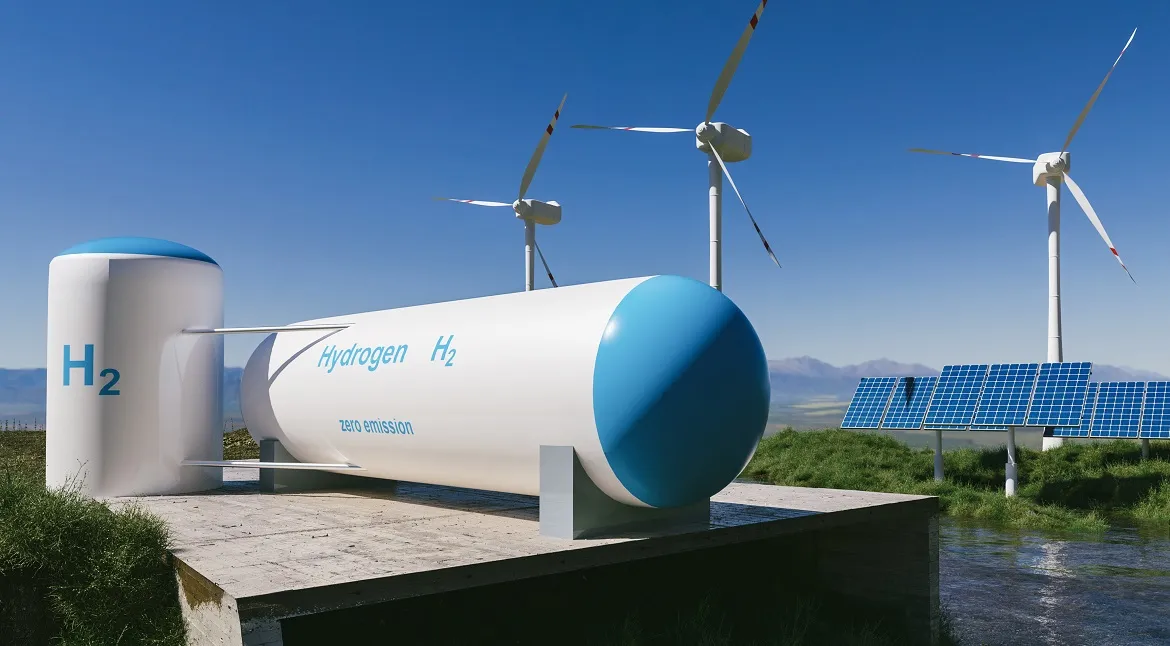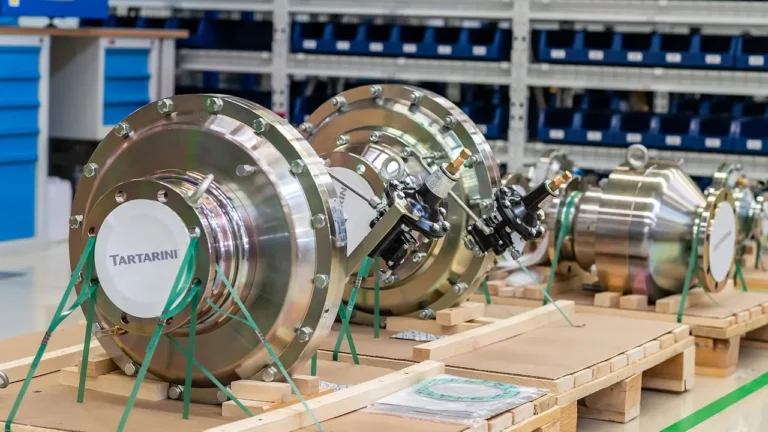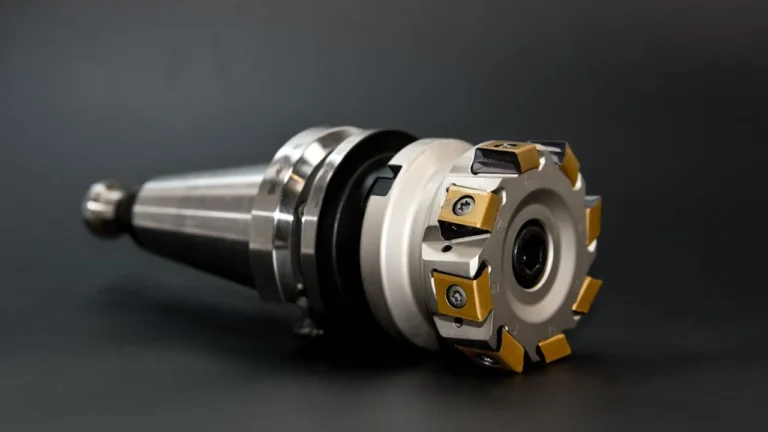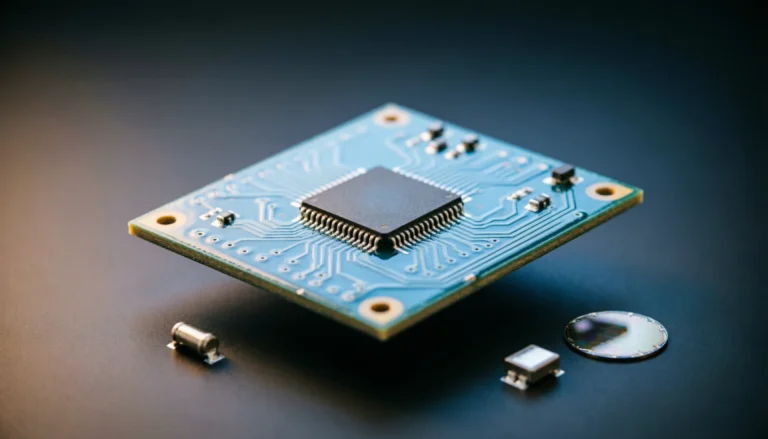
Delta, a global leader in power management and a provider of IoT-based smart green solutions, celebrated a landmark achievement with the inauguration of Taiwan’s first megawatt (MW)-grade R&D laboratory for hydrogen production and fuel cell technologies. The “Delta Net Zero Science Lab,” located at Tainan Plant 2, aims to accelerate the development of hydrogen energy solutions. It offers a robust platform for testing and validating hydrogen production and fuel cell components and systems, while fostering collaboration across Taiwan’s hydrogen energy supply chain. This milestone positions Taiwan to align with global energy transition trends and reinforces Delta’s leadership in innovative energy solutions.
The inauguration ceremony saw participation from notable dignitaries, including Minister of Environment Chi-Ming Peng, Deputy Minister of the National Development Council Fang-Guan Jan, and senior executives from China Steel Corporation, CPC Corporation, and Taiwan Power Company. Their presence highlighted the importance of this initiative to Taiwan’s energy future.
A Vision for Net-Zero
Ping Cheng, Delta’s Chairman and CEO, emphasized the global consensus on achieving net-zero carbon emissions and the critical role of hydrogen energy in this pursuit. “Guided by our mission ‘To provide innovative, clean, and energy-efficient solutions for a better tomorrow,’ Delta has been at the forefront of green energy technology for decades. Our new testing platform not only strengthens Delta’s R&D efforts in hydrogen technology but also bolsters Taiwan’s competitiveness in the global hydrogen market. We are committed to supporting Taiwan’s energy transition while contributing to a sustainable future.”
Innovations in Hydrogen Technology
Dr. Charles Tsai, General Manager of Delta’s Hydrogen Energy Application New Business Development Department, highlighted the challenges in hydrogen energy adoption, particularly improving efficiency. Delta has developed industry-leading solid oxide electrolyzer cell (SOEC) and solid oxide fuel cell (SOFC) technologies, supported by Taiwan’s first self-designed and produced stack performance testing facilities. This facility works in tandem with the local supply chain, enabling validation of materials and paving the way for localized production of key components, such as hydrogen power generation systems, fuel cell stacks, and integration solutions.
Dr. Tsai added, “By leveraging Delta’s expertise in energy infrastructure integration, we are committed to providing efficient and stable hydrogen energy solutions. Mass production of these solutions is expected in Taiwan by the end of 2026.”
Delta’s SOFC technology is already being deployed in microgrid pilot projects, which integrate renewable energy, energy storage, and power management systems. These solutions help clients build low-carbon, high-efficiency distributed energy grids. Meanwhile, SOEC technology combines industrial heat recovery with steam electrolysis to produce hydrogen, offering significant applications in industrial processes. This approach supports carbon reduction efforts in sectors such as steel and fossil fuel energy production, contributing to the creation of carbon-neutral fuels.
Delta Net Zero Science Lab: A State-of-the-Art Facility
The Delta Net Zero Science Lab is equipped with advanced systems, including power, natural gas, hydrogen, and high-temperature control environments, along with comprehensive safety measures. Its facilities include a stack testing module, system testing module, monitoring system, and gas supply module, making it a premier site for hydrogen energy research and development. The lab’s capabilities support material validation, system performance testing, and localized supply chain development, marking a significant step toward Taiwan’s energy transition goals.
Key Highlights of the Lab
- Solid Oxide Fuel Cell (SOFC) Technology:
SOFCs are highly efficient devices that convert the chemical energy of fuels like hydrogen and natural gas directly into electricity and heat. Operating at 500°C to 600°C, they excel in integrating waste heat recovery, enhancing energy utilization, and reducing emissions. Their versatility makes them ideal for applications in microgrids, distributed energy supply, and high-efficiency power generation systems. - Solid Oxide Electrolyzer Cell (SOEC) Technology:
SOEC technology leverages solid oxides as electrolytes to split water into hydrogen and oxygen at medium temperatures (500°C to 600°C). By utilizing external heat sources such as industrial recycle heat, SOEC reduces power demand and enhances hydrogen production efficiency. Its superior energy conversion efficiency makes it a key enabler for low-cost, large-scale green hydrogen production. - Stack Performance Testing Facilities:
Delta’s independently established SOEC/SOFC stack performance testing facilities are the first of their kind in Taiwan. These facilities validate materials and ensure production quality, laying the groundwork for the localized production of hydrogen energy components. They also provide fast failure identification, ensuring reliability across production batches.
Delta’s efforts to drive innovation in hydrogen energy technologies align with its broader commitment to sustainability. The company will continue collaborating with industry, academia, and government authorities to nurture Taiwan’s hydrogen energy ecosystem. Through initiatives like the Delta Net Zero Science Lab, Delta aims to contribute significantly to the global transition toward net-zero carbon emissions and the advancement of renewable energy solutions.




